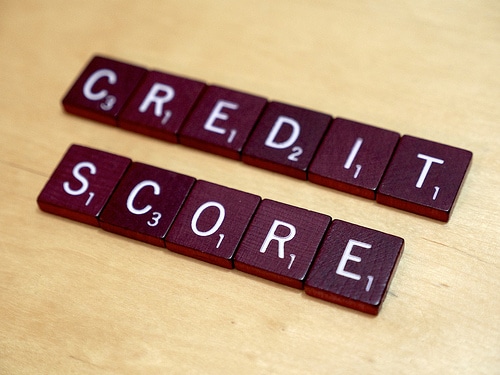When someone is on the verge of filing for bankruptcy, they have a myriad of questions about the process and the ramifications of a bankruptcy filing. Quite often, a prospective client will come to one of our four offices (Dade County, Broward County, and two in Monroe County) with preconceived ideas of what bankruptcy will do to their life and financial health. Many times, these ideas are inaccurate. Below are three of the most common misconceptions about bankruptcy that we hope to dispel:
1. Common Misconception: a Bankruptcy Filing Will Destroy Your Credit Score
This is probably the biggest misconception – that the act of filing for bankruptcy will automatically cause your credit score to plummet. This is not accurate. In reality, the proverbial jury is out regarding the effect a bankruptcy filing has on an individual’s credit score. The reality is that when someone is contemplating bankruptcy, they are probably late on multiple bills, which will have an adverse effect on your credit score. This means many people, prior to even filing for bankruptcy, already have a lowered credit score.

What is clear is that a bankruptcy filing will show up on your credit record for approximately a decade (i.e. ten years). This means when you apply for a loan to purchase a new vehicle or a new home, for example, the lender will be able to see. This may adversely affect the interest rate you pay on the new loan.
2. Common Misconception: You Don’t Get to Keep Any of Your Possessions
This is one of the biggest misconceptions around. Some people believe that when they file for bankruptcy, their creditors will get to take everything – literally everything. This is not accurate. Under Florida bankruptcy laws, you get to keep “exempt property” and anything obtained after you file for bankruptcy. What is exempt property? Well, it is basically property that is excluded from the bankruptcy process. There are both state bankruptcy exemptions and federal bankruptcy exemptions. Learn about the types of property exempt from bankruptcy here. For example, if the equity in your home is exempt, then you will probably get to keep your home. Here is more information about bankruptcy exemptions.
Despite these exemptions, it is important to keep in mind a few caveats to this rule. If you inherit money, receive life insurance benefits or, receive a property settlement within four months (i.e. 180 days) of filing for bankruptcy, you may be required to pay a portion of those funds or relinquish that property to your creditors. Of course, this only occurs if the property or money is not exempt from bankruptcy.
3. Common Misconception: If You File For Bankruptcy, Your Spouse is On the Hook for Your Debts Too
Another very common misconception. In reality, your spouse is only liable for joint debts. This means that if the bulk of your debts were taken out in your name only, your spouse should not be directly affected by the bankruptcy filing. However, if you and your spouse are both having financial difficulties and are both considering filing for bankruptcy, you can actually double your exemptions under Florida law.
Experienced Bankruptcy Attorneys
We understand that the idea of filing for bankruptcy can be upsetting, frustrating, and downright overwhelming. That is why we recommend you contact our firm – Hoffman, Larin and Agnetti, P.A. – to set up a time to meet with one of our experienced Florida bankruptcy lawyers about your situation. We are here to help. When you meet with one of our bankruptcy attorneys, whether at our Dade County, Broward County, or Monroe County offices, be rest assured that the meeting will be confidential and your questions will be answered. Contact us today at (305) 653-5555 or fill out our online contact form to get your free, no obligation consultation before it’s too late!

